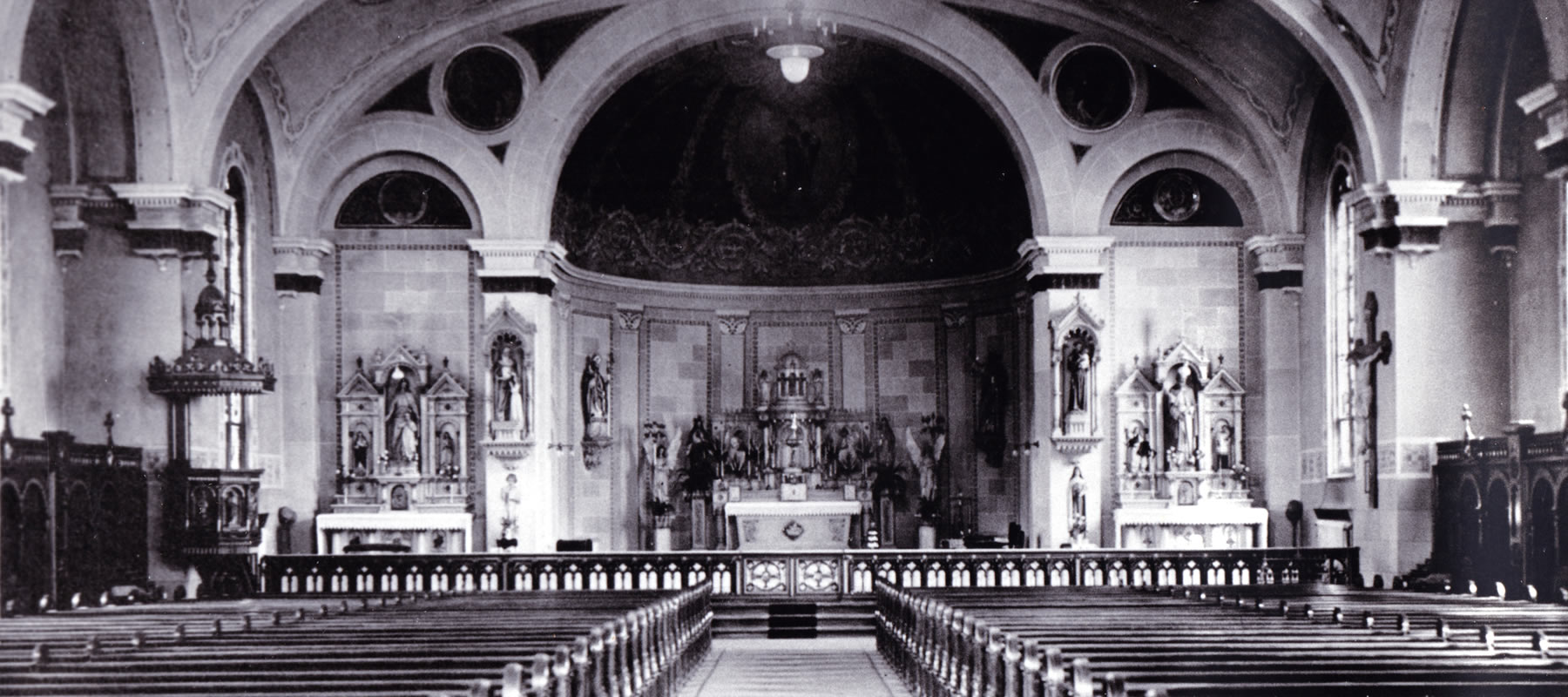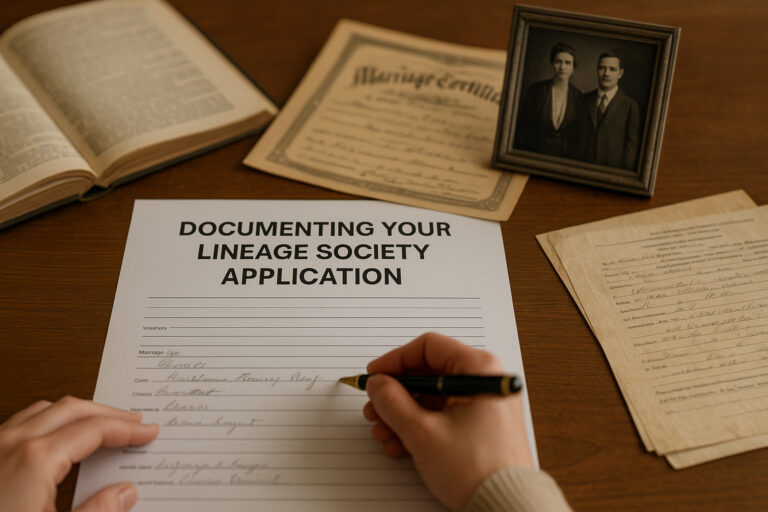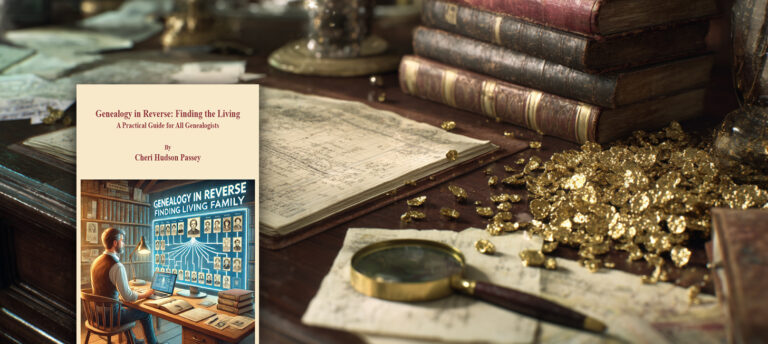
Guide to Church Records Explains the “What” and “Where” for Major Denominations
Sunny Jane Morton and Harold A. Henderson’s book, How to Find Your Family History in U.S. Church Records, describes the major genealogical sources for Christian denominations in existence prior to 1900. Denominations covered include: Anglican/Episcopal, Baptist, Congregational, Dutch Reformed/Reformed, various German denominations, Latter-Day Saint, Lutheran, Mennonite and Amish, Methodist, Quaker, Presbyterian, and Roman Catholic. Once you know the denomination your ancestor followed, you can expect to find references to numerous sources, both online and in print, within the Morton/Henderson reference book. For example, here’s the section on accessing Dutch Reformed Membership Records, from pp. 77-78 of the volume. Similar sections can be found in the other chapters.
HOW TO ACCESS [Dutch Reformed/Reformed] MEMBERSHIP RECORDS
Today, congregations of the Dutch Reformed tradition generally maintain their records locally. Use online church locator tools to connect with current congregations of the Reformed Church in America (rca.org/church-finder) and the Christian Reformed Church (crcna.org/church-finder).
That said, many older Dutch Reformed records have been gathered by central archives, and some have been published in print and/or online. The subscription website Ancestry (ancestry.com) has these major collections:
- “U.S., Dutch Christian Reformed Church Membership Records, 1856-1970” (https://www.ancestry.com/search/collections/crcamembership/);
- “U.S., Dutch Christian Reformed Church Vital Records, 1856-1970” (https://www.ancestry.com/search/collections/christianreformedchurchrecords/);
- “U.S., Dutch Reformed Church Records in Selected States, 1639-1989” (https://www.ancestry.com/search/collections/nydutchchurch/);
- “U.S., Selected States Dutch Reformed Church Membership Records, 1701-1995” (https://www.ancestry.com/search/collections/usdutchmembership/).
The Archives of the Christian Reformed Church in America (http://www.calvin.edu/hh/crc_archives.htm) strives to collect and image original records, returning them to the church’s congregations. Many of these have been included in the first two Ancestry databases mentioned above. Records since about 1950 are restricted.
The website of the Archives of the Reformed Church in America (https://www.rca.org) has a link to “Guide to Local Church Records in the Archives of the Reformed Church in America and Other Repositories” (http://images.rca.org/docs/archives/churchrecords.pdf), compiled by Russell L. Gasero and Erica Mclaughin. The authors refer to this as a draft guide since it has not been updated, but it’s still of value. Many collections at the Archives of the Reformed Church in America have been digitized and indexed in the third and fourth Ancestry databases mentioned above.
The Holland Society of New York (http://www.hollandsociety.org) maintains a library on the people and history of New Netherland, as well as other Dutch migrations in North America. Among its holdings are over 100 volumes of Dutch Reformed church records of births, marriages, and death for present-day New York, New Jersey, and Pennsylvania. These have been digitized and indexed in the third Ancestry database referenced above.
The Holland Society has also published several volumes of Dutch Reformed records for select New York and New Jersey congregations. The records of the Albany church were originally transcribed and published in several annual volumes of the Holland Society Year Book. These were compiled and reprinted as Records of the Reformed Dutch Church of Albany, New York (Genealogical Publishing, 1978); a third-party index (1683-1809) was created at https://mathcs.clarku.edu/~djoyce/gen/albany/refchurch.html.
The library of the New England Historic Genealogical Society (https://www.americanancestors.org) has both manuscript and published Dutch Reformed records for various churches in New York, New Jersey, and elsewhere. Searching its online catalog is free; membership is required to access its databases of Dutch Reformed congregational and newspaper records.
The New York Public Library’s Archives & Manuscripts Division (http://archives.nypl.org/) has a considerable collection of Dutch Reformed church records for New York. Less focused on church records per se but still worth noting is the New Netherland Research Center at the New York State Library (https://www.newnetherlandinstitute.org/), which has a significant collection of manuscript and published records on colonial Dutch life.
Another resource, this one specific to New York City, is Harry Macy, Jr.’s Reformed Church Records of New York City (Manhattan and Bronx), first published in 1994 and updated to 2017, available at https://www.newyorkfamilyhistory.org/knowledgebase/reformed-church-records-new-yorkcity-manhattan-bronx. Access requires membership in the New York Genealogical and Biographical Society, but if you have Dutch roots in New York, you will likely benefit from joining in any case. Macy’s knowledge of New York City is without peer; there are cross-references and analyses of other boroughs and record sets too.
A must-consult resource for finding records in print is David M. Riker’s four-volume set, Genealogical and Biographical Directory to Persons in New Netherland, from 1613 to 1674 . This resource is especially helpful for trying to tell apart families with a common surname.
In addition, search PERSI (see Chapter 3) for additional Dutch Reformed church record transcriptions that have been published in periodicals such as The New York Genealogical and Biographical Record and Genealogical Magazine of New Jersey. Published indexes or transcriptions may not include all record types (such as burials) and may not include every piece of information within a specific record. Whenever possible, try to view original records.




